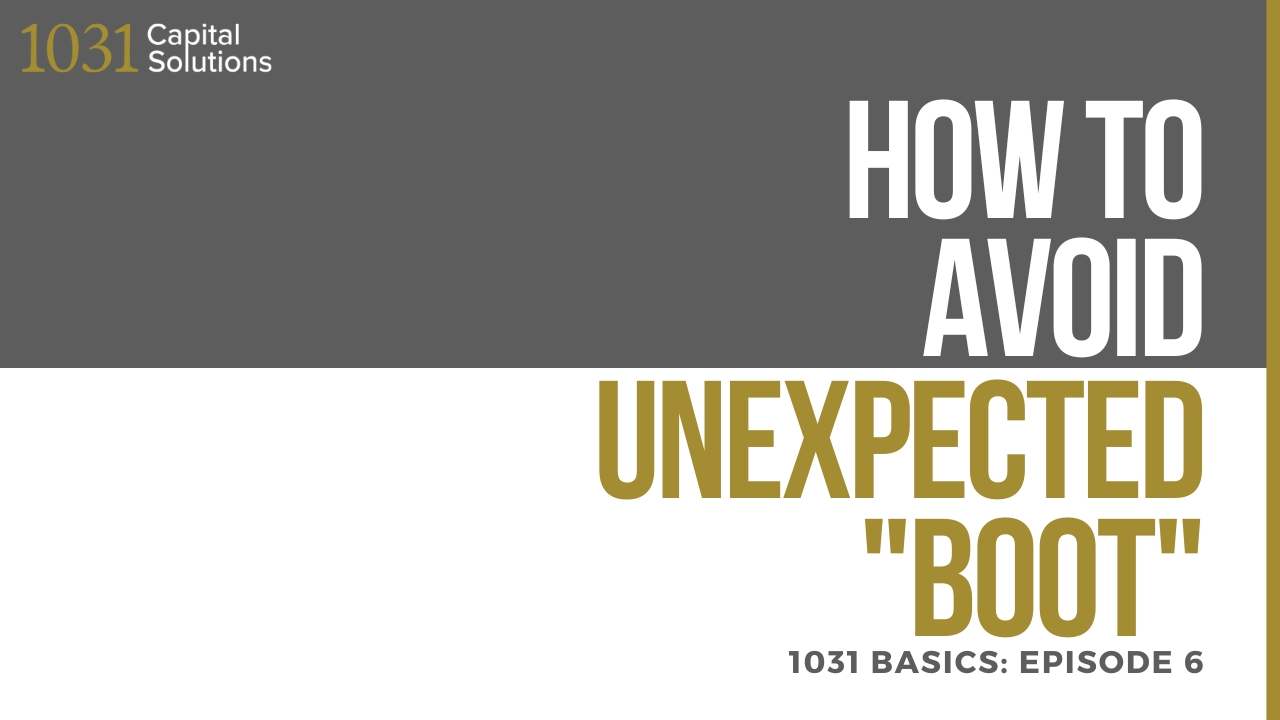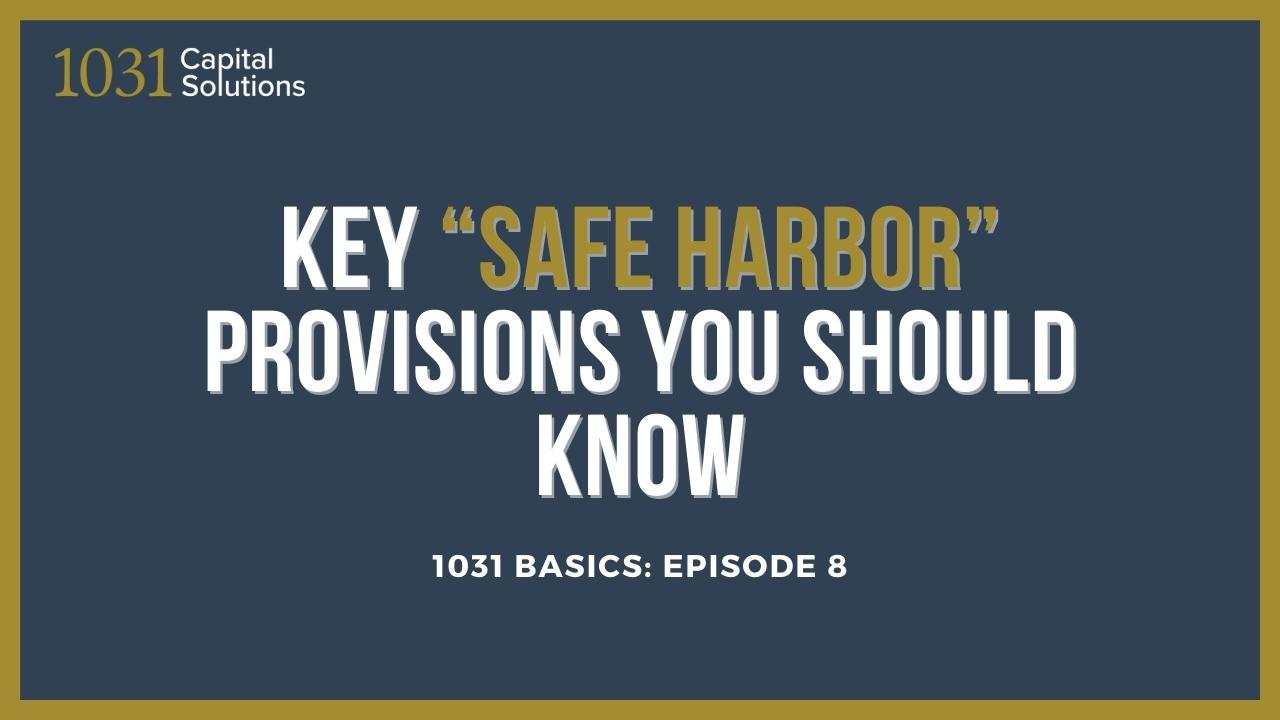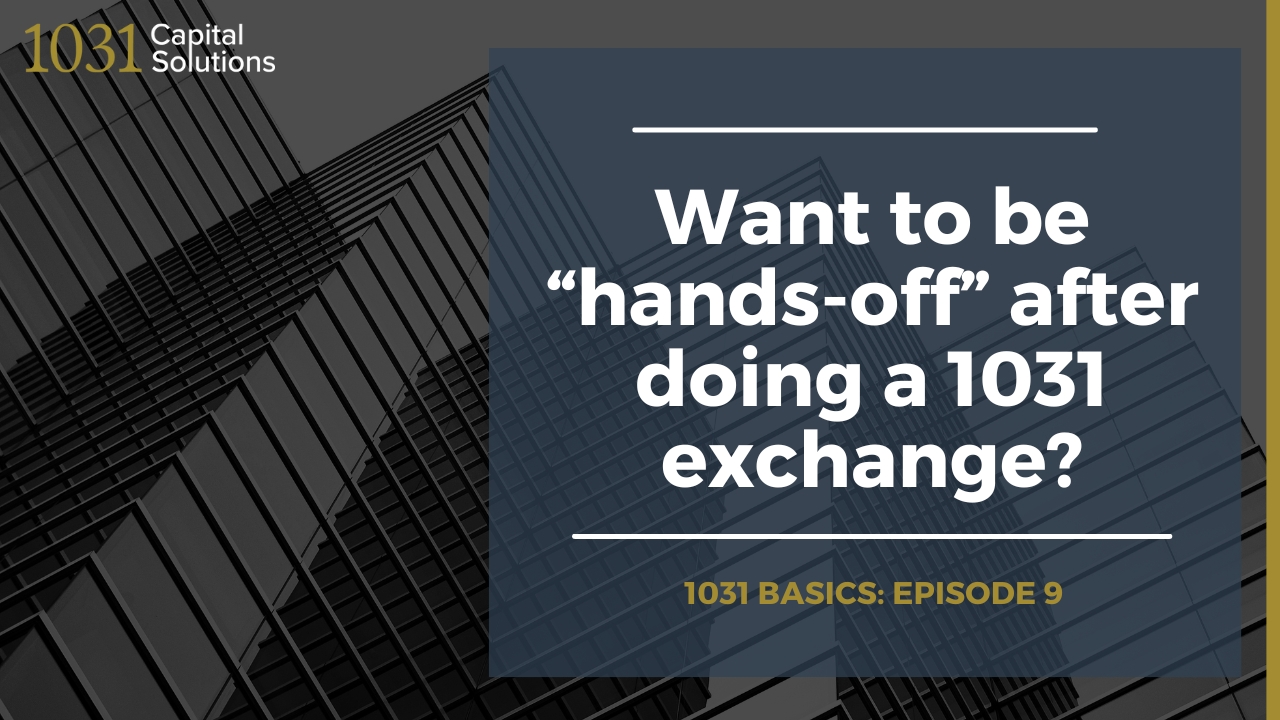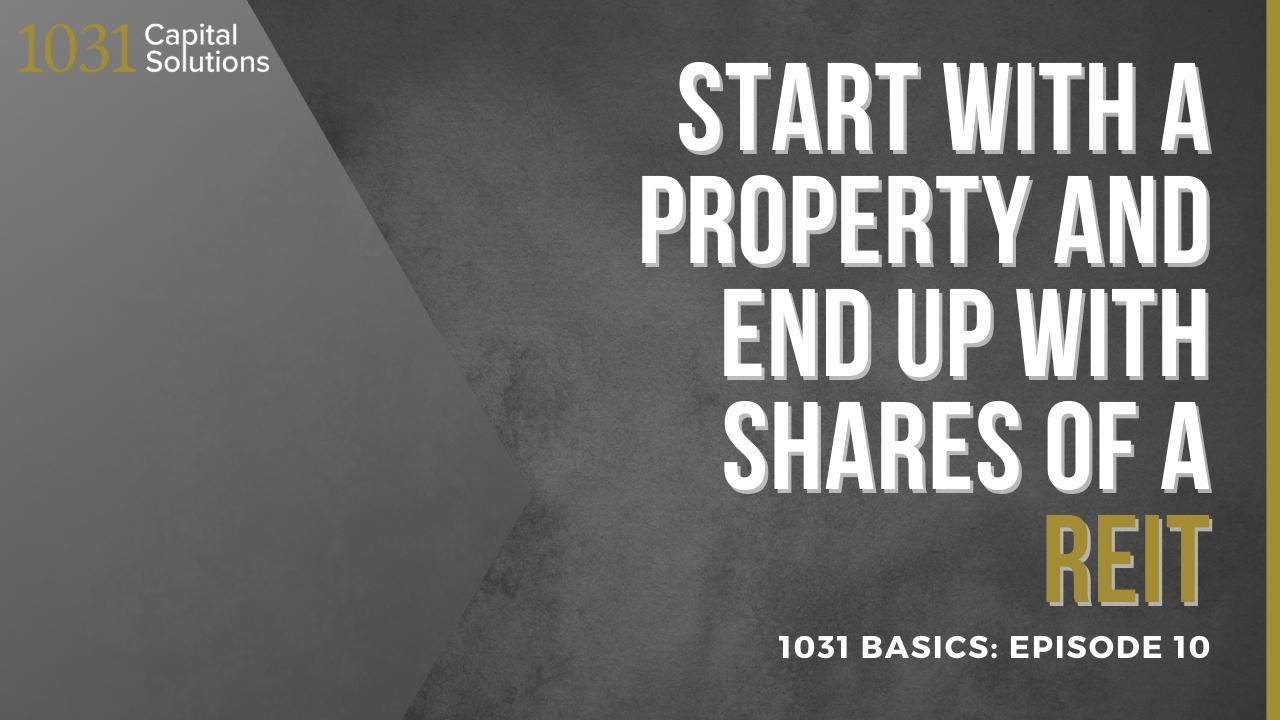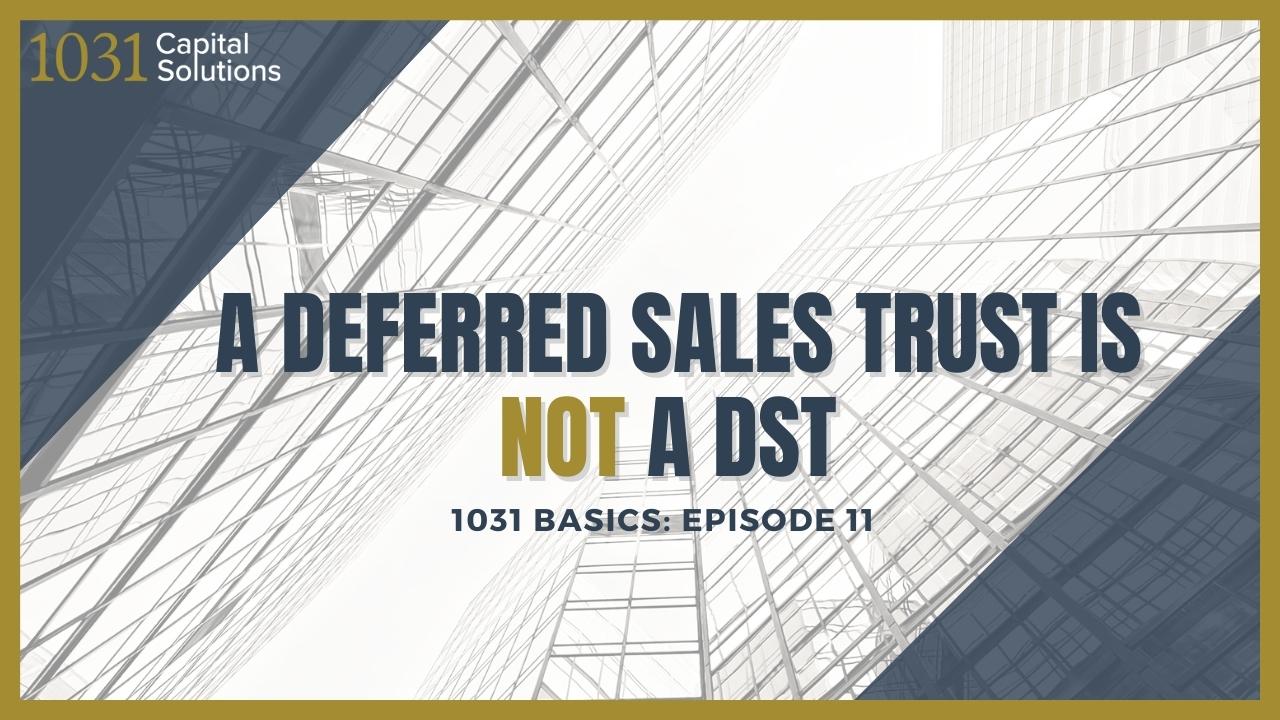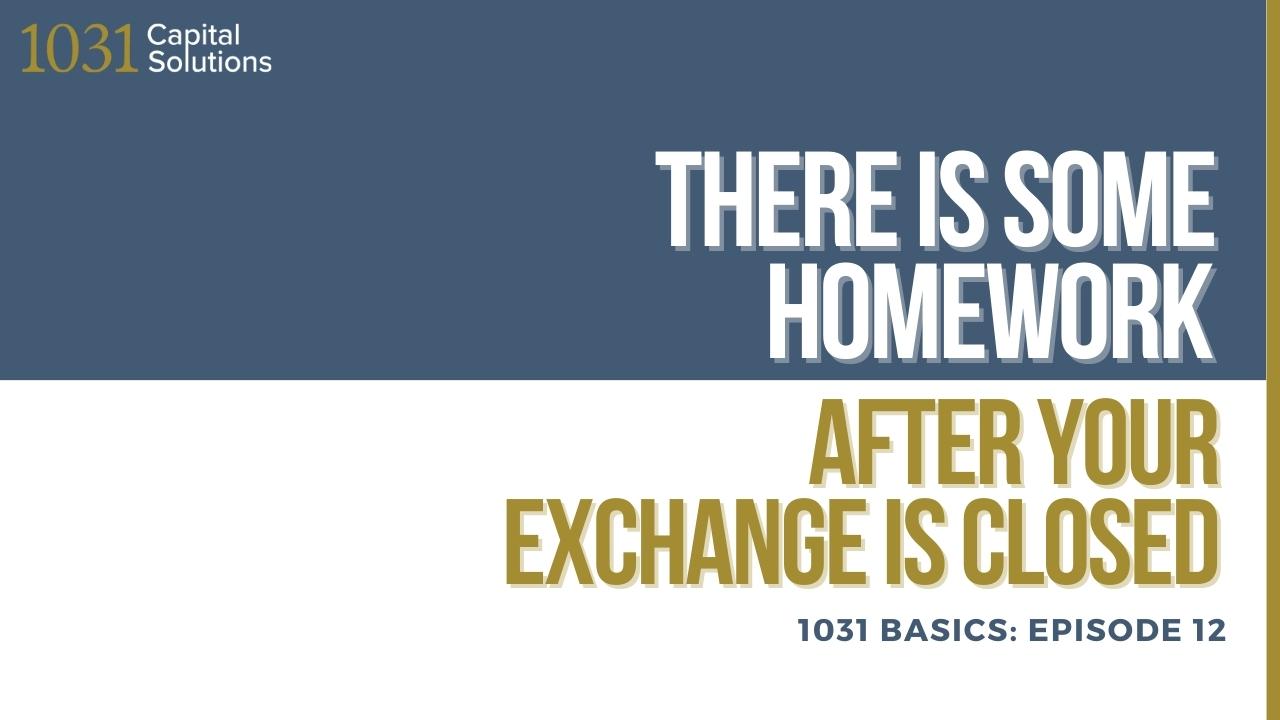A perfect 1031 exchange has no "boot", meaning no taxable consequences. Alas, few things in this world are perfect, and exchanges are no exception. But if you follow the rules, you can keep your boot small.
Breaking up with partners-either in marriage or business-does not have to ruin your 1031 exchange. But if you don't know the rules, a breakup can be a treacherous tax trap.
Can you exchange a personal vacation property that you also rent to tenants? Of course you can. Is it easy to trip over IRS rules? Of course it is
This episode is for investors seeking to retire from being landlords. If you are interested in conducting a 1031 exchange-but do not want to operate another rental property-a passive replacement program could be a suitable solution.
It is becoming increasingly common for passive 1031 investors to pursue a "one and done" strategy and ultimately own units of a REIT. If you would like to avoid the need for multiple 1031 exchange transactions, please watch this video.
"DST" stands for Delaware Statutory Trust-a bona fide 1031-qualified investment structure approved by the IRS in 2004. A Deferred Sales Trust™ is something else. Let us clear things up in this episode.
Yes, there is a little bit more to do after you complete a 1031 exchange. With a little knowledge and a good tax professional, you should have no problem getting everything buttoned up.
The Greatest Risk in Real Estate? The Federal Reserve. If […]
The Fruit Salad of Capital Gains and Losses You’re forgiven […]
Top 5 Reasons to Consider a 1031 Exchange in 2022 […]
The “Inflation Reduction Act” will only worsen inflation. What should […]
Three Pillars of Real Estate Wealth Preservation If you owned […]
Which Real Estate Investments Hedge Inflation Risk? In a recent […]
1031 Exchanges with Seller Carry-Back Notes During times of rising […]
Assessing Inflation’s Impact on Commercial Real Estate Investors typically consider […]
Inflation Drives Housing Further Out of Reach for Many Would-be […]

